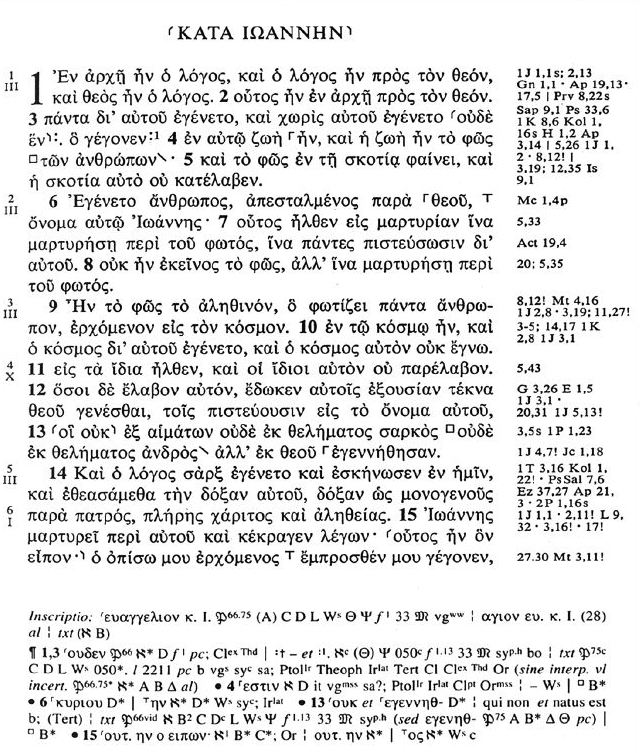view that because of the different writing style of the Pastoral Epistles, he asserts that Paul wasn't the writer, hence the Pastorals are not authentic.
My personal take is that each writing said to be by Paul is theologically a match with every other one said to be by Paul. And I think a writer can use different styles. Paul was growing and maturing as a Christian, plus he was writing in different relationships. So, he way of writing could have developed, for all I know. But there are people who have not changed and grown in Jesus; they can suppose, then, that people never change and therefore their writing style won't develop or become more and more creative. But they could be speaking for their own selves, not for Paul. We need to get our own selves out of it > Luke 9:23, John 15:5.
So, why would a person want to believe the epistles said to be by Paul are not authentic? They require us to personally submit to God, in order to do what they require of us, and we need to become loving of any and all people, not only caring about our own selves and ones we prefer to love. So, a person not of the nature of Jesus could have a motive to throw out writings which require of us all which only God in us can have us doing.
And Hebrews 4:12 says God's word is "a discerner of the thoughts and intents of the heart."
So, God's word will expose a person's real motives. So, in case someone thinks writings of God's word are not authentic, I would be interested in seeing what that person has as a "therefore". Therefore, what does that person say we need to be doing? Therefore, what are we going to hold ourselves to, for morals? Therefore, are we going to take things into our own hands, instead of personally submitting to God in His peace (Colossians 3:15, Philippians 4:6-7) and doing what He desires (Philippians 2:13, Colossians 1:28-29)?
The correct interpretation-translation is how God in us has us becoming how His word means for our character to become like Jesus > Hebrews 12:4-14, 1 John 4:17-18, Philippians 2:13-16), then discovering how He in us has us willing and doing (Philippians 2:13) all He knows His word means. So, I would say this is first, so we become capable of textually criticizing the best possible.
There are people who dictate that God does not want to personally guide us and share with us, all the time. But ones dictate that we have to get our own selves to do things. But Paul's writings clearly show this up. So, in case a person is not personally sharing with God in His love, such a one can not have the experience and honesty needed to understand His word; because God in us demonstrates. Good teachers do not only talk and explain, but they demonstrate. God's word is for sharing with God, discovering how He proves Himself in us, and how He has us living His word better than how we can think He means.
So, the real accuracy is in correct interpretation plus how He has us loving. This can give us the most reliable context, along with whatever has come by scholarly investigation, but keeping it humbly in its place.
Just to get into this a little bit > Paul says >
"And let the peace of God rule in your hearts, to which also you were called in one body; and be thankful." (Colossians 3:15)
So, included in our basic calling for all of us > "in one body" > God desires to personally rule every child of His in His own peace. So, this shows how God is personally loving and so desiring to share His own good with us, in His own peace. This fits with how "God is love," which our Apostle John says, in 1 John 4:8&16. Plus, Paul elsewhere says,
"for it is God who works in you both to will and to do for His good pleasure." (Philippians 2:13)
So, this scripture fits with how God wants to personally share with each of us, even working our willing and our doing in sharing with Him. And this, as Colossians 3:15 can clarify, means in His own peace ruling our willing and doing. And Romans 5:5 says God shares His own love with us, "in our hearts" > this also shows how God is personal with each of us His children.
So, this is only an introductory sample of how the epistles fit with one another and show how our Heavenly Father desires to personally share with and guide each of us. This needs to be in the context of contextual criticism, I would say, so a person is not inserting one's own motives to effect things

And even if people have inserted their own motives into their interpretation, we can find things like Philippians 2:13 and Colossians 3:15 and Romans 5:5 and realize how God wants us to live with Him, in spite of how interpreters might not be into this. And there are various things about how Jesus wants us to love; these can be found in any translation, I would say, with wording enough so we can find out with God how to love.

